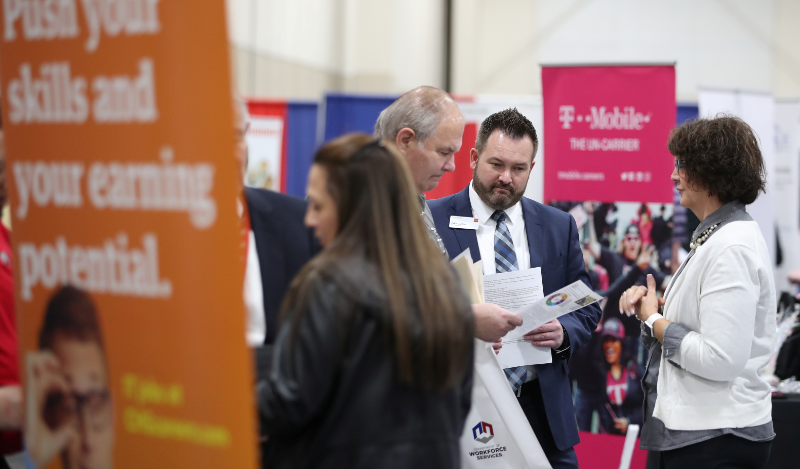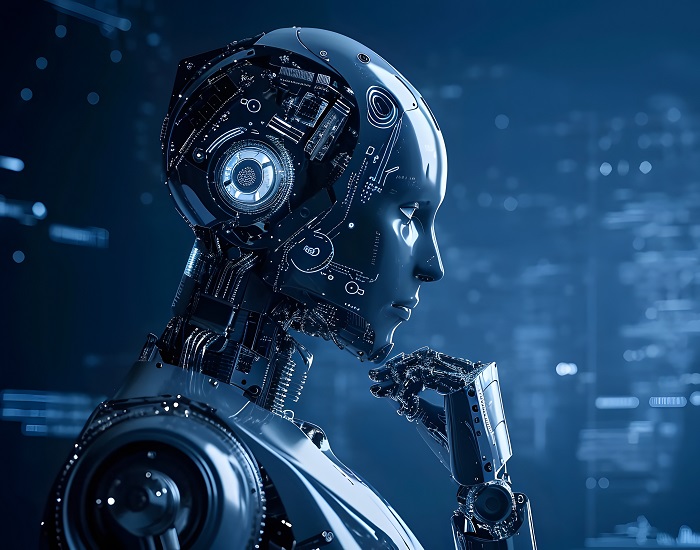Welcome to Our Research Archive
Search and filter by content type, issue area, author, and keyword
- ✕ Clear Filter
- Adam J. White (1)
- Angela Rachidi (65)
- Beth Akers (39)
- Brent Orrell (108)
- Bruce D. Meyer (15)
- Casey B. Mulligan (1)
- Charles Murray (1)
- Daniel A. Cox (11)
- Edward J. Pinto (31)
- Edward L. Glaeser (10)
- Frederick M. Hess (40)
- Greg Wright (1)
- Howard Husock (91)
- Ian Rowe (15)
- James C. Capretta (1)
- James Pethokoukis (21)
- John Bailey (2)
- Joseph Fuller (6)
- Kevin Corinth (77)
- Kyle Pomerleau (9)
- Leslie Ford (6)
- marie cohen (1)
- Mark Schneider (9)
- Mason M. Bishop (2)
- Matt Weidinger (86)
- Matthew Continetti (1)
- Max Eden (3)
- Michael Barone (1)
- Michael Brickman (3)
- Michael Pugh (2)
- Michael R. Strain (36)
- Naomi E. Feldman (1)
- Naomi Schaefer Riley (75)
- Nat Malkus (21)
- Nicholas Eberstadt (5)
- Paul Ryan (3)
- Preston Cooper (41)
- R. Glenn Hubbard (4)
- Ramesh Ponnuru (5)
- Raphael Colard (1)
- Richard Burkhauser (8)
- Richard V. Burkhauser (4)
- Robert Cherry (6)
- Robert Doar (14)
- Robert Pondiscio (18)
- Ross Douthat (2)
- Ryan Streeter (5)
- Sally Satel (2)
- Samuel J. Abrams (7)
- Scott Winship (63)
- Stan Veuger (10)
- Timothy P. Carney (16)
- Tobias Peter (37)
- W. Bradford Wilcox (91)
- Yuval Levin (10)

July 17, 2025
Reasonable Panic
Uber co-founder Travis Kalanick is quietly launching the next wave of food automation through his new venture, CloudKitchens. He recently revealed a 60-square-foot machine that assembles 300 custom bowls per hour, cutting labor costs by as much as 60 percent. The system handles everything from ingredient dispensing to delivery handoff. And this is just the beginning. Kalanick envisions…

July 1, 2025
Irresistible Force, Meet the Immovable Object
Some important new numbers are out on the future of the US labor supply, highlighting how a confluence of factors—demographic aging, economic growth, and restrictive immigration policy—are conspiring to create historically tight labor markets in the coming years. The impacts of these trends on businesses and consumers will be pervasive, difficult to manage, and annoying. Americans, I…

June 25, 2025
De-Skilling the Knowledge Economy
Key Points Introduction As David Veldran and I examined in our 2024 report, The Age of Uncertainty—and Opportunity: Work in the Age of AI, forecasts of how artificial intelligence will affect jobs and skills are remarkably uneven and often contradictory.1 This is less a matter of poor methodologies or lack of investigation than it is…

June 23, 2025
The Future of Work Is a Liminal Space
It’s been another breathless week in the business of projecting how artificial intelligence will reshape the US (and global) labor markets. Following Anthropic CEO Dario Amodei’s warnings of an AI “bloodbath,” several major tech companies announced plans to make significant workforce reductions, citing AI efficiencies as the reason. LinkedIn co-founder and Netflix board member Reid Hoffman stepped into the conversation…

June 11, 2025
From Engineers to Fast Food, How AI Is Rocking the Future of Jobs
The future is here, and it requires robust AI literacy and support for workers and families. Artificial intelligence development and deployment is accelerating, and so are the ironies. A recent report by Great Learning found that a growing number of Indian engineers — a group deeply involved in creating and deploying AI — are pessimistic about how…

May 29, 2025
AI Has Invaded the Classroom—Here’s How We Catch Up
Artificial intelligence has quietly entered the nation’s classrooms. Teachers and administrators are scrambling to catch up. On April 23, the White House announced the Advancing Artificial Intelligence Education for American Youth Executive Order, creating a federal taskforce chaired by the White House Office of Science and Technology Policy, the Department of Education, and other agencies. The goal:…

May 29, 2025
Veteran Transition Services: Getting More Bang for the Buck
We recently released a new report examining the persistent challenges facing veteran transition services and outlining a path forward to improve how these programs are delivered, monitored, and evaluated. The report emphasizes the need for targeted, customized support—especially for enlisted service members who often face the greatest difficulty reentering civilian life. These are matters of fairness and…

May 22, 2025
Those College Grad, Knowledge Economy Blues (And What to Do About Them)
In a recent Atlantic Magazine article about how college graduates are faring in the labor market, columnist Derek Thompson highlights new data to the contest over whether the costs of a bachelor’s degree outweigh its benefits. Relying on analysis from the Federal Reserve, Thompson notes that the unemployment rate for graduates with four-year degrees is slightly higher than those with…

May 2, 2025
Without Qualified Workers, Our CHIPS Investments Could Be Money Down the Drain
Three years ago, the Biden administration, backed by big bipartisan majorities in Congress, launched the CHIPS and Science Act to revitalize domestic semiconductor manufacturing. After decades of outsourcing that reduced the U.S. production share of advanced chips from 37 percent to 10 percent, this “industrial policy” investment was justified as necessary for national security and as a measure to reinvigorate…

May 1, 2025
Tariffs Plus AI Makes for a Rocky Job Market. How Should Workers Prepare?
In today’s labor market, few occupations are safe from AI disruption. It’s been a rough month for hiring plans. The market volatility ignited by President Donald Trump’s tariff policies has made business planning difficult, and that includes any intentions of hiring. Combined with the accelerating adoption of artificial intelligence, disruptions to the labor market don’t…